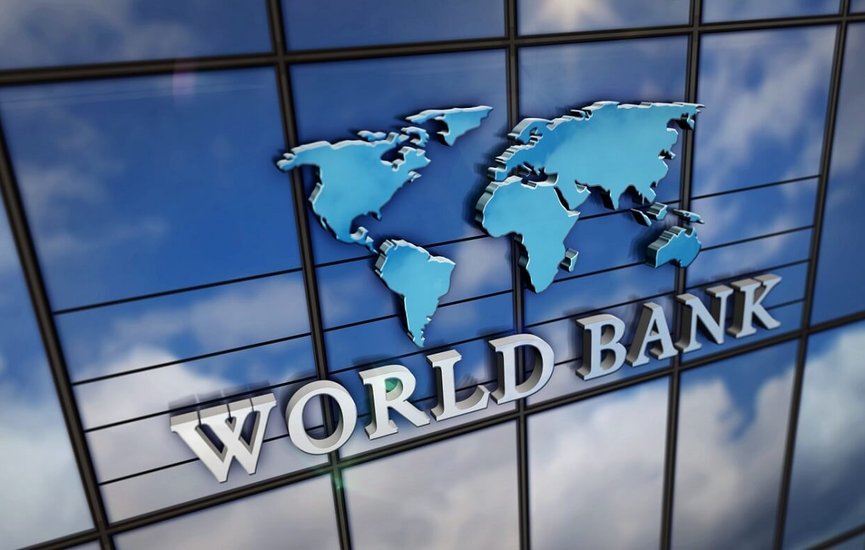World Bank Suspends Ethiopia’s Income Classification Over Forex Discrepancies
Disparity between official and black-market exchange rates cited as key reason; suspension may affect access to foreign funding
Addis Ababa, Ethiopia – July 2025 — The World Bank has temporarily excluded Ethiopia from its latest global income classification report, citing unresolved discrepancies in the country’s foreign exchange market. The suspension could have significant implications for Ethiopia’s access to international aid, loans, and development financing.
In a rare move, Ethiopia joins Venezuela as one of only two countries currently under what the World Bank terms a “classification suspension.” This marks the first time since 1987—when the World Bank began publishing Gross National Income (GNI) per capita data—that Ethiopia has been excluded from the annual report.
Forex Market Instability at the Heart of the Suspension
In an official response to The Reporter, the World Bank Ethiopia office pointed to inconsistencies between the country’s official and parallel (black market) exchange rates. These disparities, it said, have made it impossible to accurately calculate Ethiopia’s average exchange rate—an essential input in determining GNI per capita.
“Tremendous shifts in the foreign exchange market over the past year, influenced by ongoing economic reforms, have made it difficult to compute a representative average rate,” the Bank noted.
by AfricaOne
The wide and growing gap between official and parallel forex rates is a byproduct of Ethiopia’s tightly managed exchange rate regime, which has come under pressure amid economic liberalization efforts and a persistent shortage of foreign currency.
Why GNI Classification Matters
The World Bank’s income classifications—low, lower-middle, upper-middle, and high—are based on a country's GNI per capita and are used globally to guide development priorities, funding eligibility, and investment strategies.
A missing classification may not immediately cut Ethiopia off from all external funding, but it complicates the country’s profile in the eyes of multilateral lenders, donors, and investors.
“While the suspension is not a penalty, it sends a signal about data transparency and macroeconomic stability,” said an economic analyst based in Nairobi. “It could affect confidence and delay negotiations around future financing.”
by AfricaOne
Impact on Aid and Development Funding
Ethiopia has long relied on concessional loans and donor support to fund critical infrastructure and social programs. Being unclassified introduces ambiguity that may affect access to some financing channels, including concessional instruments reserved for low-income or lower-middle-income countries.
Additionally, the suspension may influence how international credit rating agencies and private investors view the country’s economic environment, particularly at a time when Ethiopia is trying to attract foreign direct investment and address external debt vulnerabilities.
Reform Agenda Under Pressure
The World Bank’s decision comes as Ethiopia continues to implement a series of economic reforms under the guidance of Prime Minister Abiy Ahmed’s administration. These include efforts to liberalize the exchange rate, reduce state control in key sectors, and improve fiscal discipline.
However, the forex market remains volatile. The black-market rate often diverges by more than 100% from the official rate, creating a dual market that distorts trade, investment, and statistical reporting.
Analysts say that the classification suspension underscores the urgency of deepening reform efforts, particularly in the financial sector.
Next Steps and Outlook
The World Bank has emphasized that Ethiopia’s suspension is temporary and will be lifted once sufficient and reliable data becomes available. In the meantime, it continues to engage with the government on economic reforms and data quality improvement.
As Ethiopia works to stabilize its forex market and improve economic reporting, policymakers are expected to accelerate efforts to close the gap between official and parallel exchange rates and restore the country’s credibility on the global stage.
Editor’s Note: The World Bank’s income classification is an important tool used globally by donors, investors, and multilateral agencies to assess a country’s development level and financial eligibility. Ethiopia’s absence from the 2025 list signals broader macroeconomic challenges that will need to be addressed swiftly to maintain external support.
